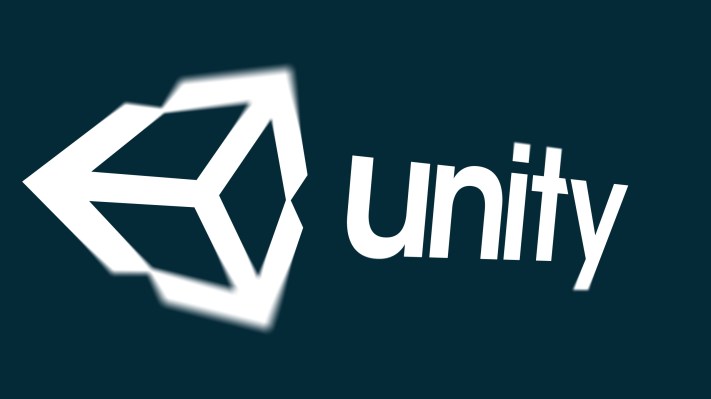Unity has done a 180 on a controversial new pricing scheme that users of its cross-platform game engine almost unanimously disparaged. A new pricing policy is still incoming, but it’s far less fraught for independent developers, many of whom threatened to leave the engine and platform behind rather than pay.
The changes were announced only last week, and immediately attracted the ire of nearly everyone in the gaming community, prompting a panicked “clarification” soft-pedaling of the “runtime fee” that would be owed with every install of a game past a certain level of revenue. The plan was intensely unpopular, as apart from the increased costs many would incur under it, it suggested that the people running the show at Unity were completely disconnected from the community.
Less than two weeks from its debut, however, the runtime fee policy has been almost completely reversed and its architects are abasing themselves before their customers. Unity Create head Marc Whitten posted an apologetic note detailing the changes.
I want to start with this: I am sorry.
We should have spoken with more of you and we should have incorporated more of your feedback before announcing our new Runtime Fee policy.
You are what makes Unity great, and we know we need to listen, and work hard to earn your trust. We have heard your concerns, and we are making changes in the policy we announced to address them.
Under the revised terms, there is no runtime fee whatever for any game developed with a current version of Unity, only for those developers who adopt the latest version in 2024. The free Unity Personal will stay free, and the revenue ceiling above which users must upgrade to the next tier has been raised to $200,000. And above $1 million, users will be able to choose between a per-user fee or a 2.5% revenue share, whichever is lesser.
Whitten also said he will conduct a live Q&A at 1 PM PDT today, during which some further clarifications may be made.
Overall the changes seem to address most of the issues people had with the new terms, and importantly it is more or less opt-in (or the unavoidable product of success) come 2024, on new projects, rather than taking effect on games that are out now or have been for years.
But the high-handed manner in which Unity attempted to squeeze its customers has unquestionably spooked the community, and while the threatened exodus will likely now be far smaller, they will remain watchful for future shenanigans. What trust Unity had built up was seriously damaged by this ill-conceived foray, and many developers may look more seriously at competitors rather than run the risk of the company altering the deal again.
